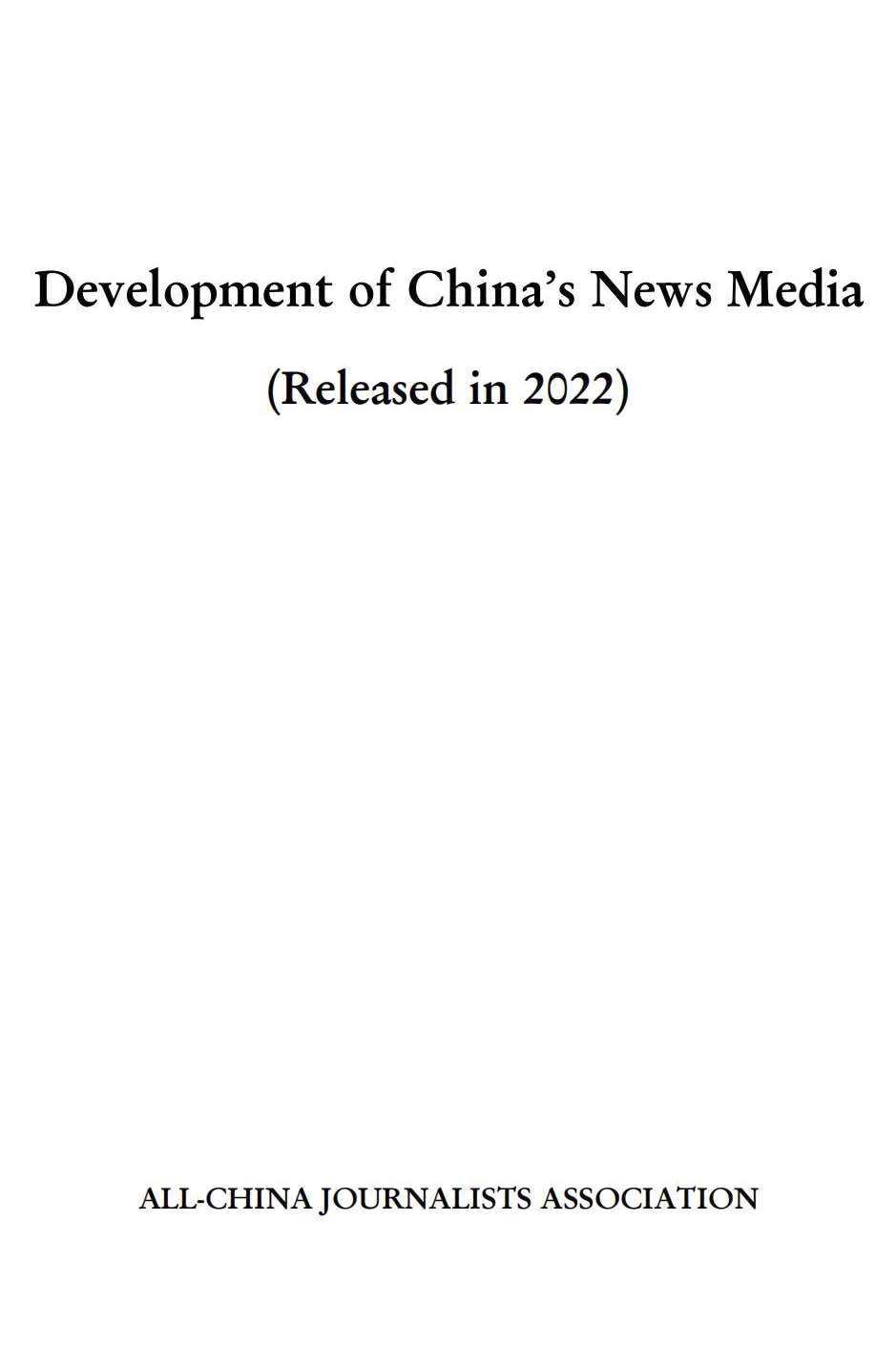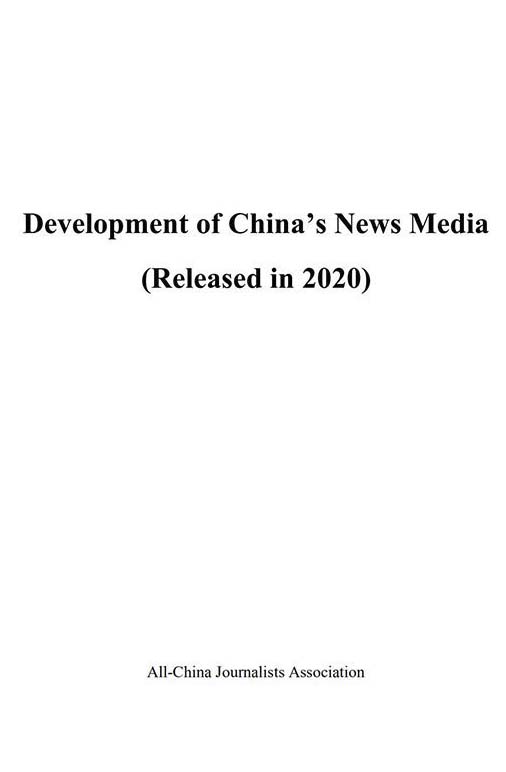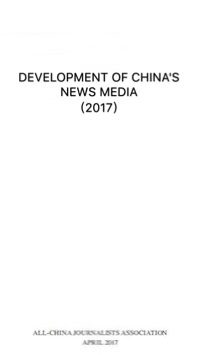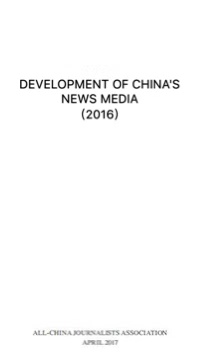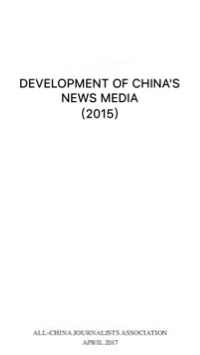Editor's note: Tom Fowdy is a British political and international relations analyst and a graduate of Durham and Oxford universities. He writes on topics pertaining to China, the DPRK, Britain and the U.S. The article reflects the author's opinions and not necessarily the views of CGTN.
When the national security law for Hong Kong was implemented earlier this week, Western media descended into a tirade of condemnation and pushed the aggressive narrative that the legislation equated to the end of the "One Country, Two Systems" arrangement within the territory.
Without giving scope to the other side of the argument, journalists rushed to portray the new law, not within its legal context, but as a pure form of political oppression with no purpose. They emphasize and generalize on its most severe penalties rather than assess it in detail, rushing to depict the first arrests under it as completely unjustified.
Not surprisingly, the same outlets chose to deliberately ignore the specific details of some of the first individuals charged under this legislation. They include a young man who stabbed a policeman in the shoulder and attempted to flee to London on a Cathay Pacific flight and a 23-year-old man who deliberately rammed a motorcycle into a group of policemen. Both of these individuals were charged under the offense of terrorism under the national security law. One must ask the question, are these outcomes somehow unjustified?
Western critics have challenged the national security law for Hong Kong, claiming that many of its specifications are ambiguous and used only to quash dissent. However, both of the offenses cited above would also constitute acts of terrorism under the Western definition.
The U.S. Code of Federal Regulations defines terrorism as "the unlawful use of force and violence against persons or property to intimidate or coerce a government, the civilian population, or any segment thereof, in furtherance of political or social objectives," in a nutshell, the use of violence to fulfill political ends. There is little question that if these acts occurred in the West, they would be rendered as terrorism.
Also, Western coverage of the other arrest under the law attempted to overemphasize its alleged authoritarian nature by exaggerating the scope of the punishment for those violating it.
On July 1, a man was arrested for waving a secessionist flag. The arrest was the first of its kind under the new law. Journalists quickly pushed the impression that he was to be subjected to life in prison. However, this deliberately misrepresented the details of the law which divides the given offenses into major and minor ones; not all of them are subject to imprisonment.
Therefore, while Hong Kong independence rhetoric and icons are prohibited, the claim that the new law will send every single individual advocating them to life in prison is completely unfounded. Rather, the Western media refuse to contemplate the details.
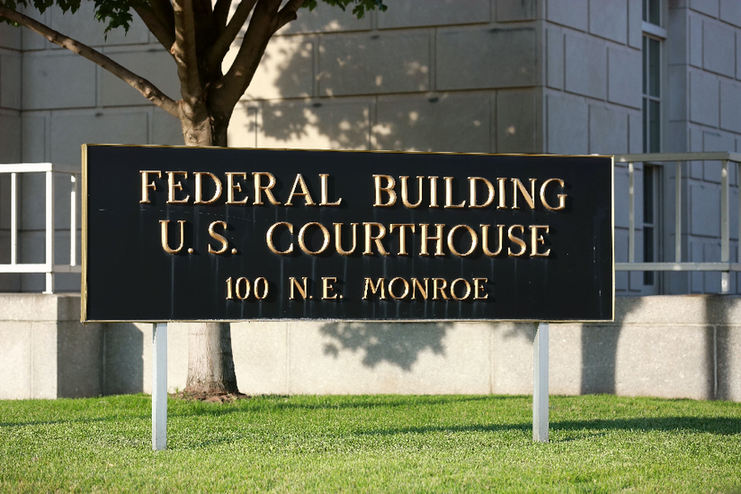
A federal courthouse building in Peoria, Illinois, the United States, July 18, 2019. (Xinhua photo)
The teeth of the law are not focused on the everyday activist or protester. It specifically targets those who have been spurring up unrest with clear, nonambiguous, foreign collaboration.
As Article 30 points out, "A person who conspires with or directly or indirectly receives instructions, control, funding or other kinds of support from a foreign country or an institution, organisation, or individual outside the mainland, Hong Kong and Macao of the People's Republic of China to commit the offences under Article 20 or 22 of this Law shall be liable to a more severe penalty in accordance with the provisions therein respectively."
This specifically refers to organizations and leaders who have collaborated with foreign governments in several ways, and here is where life imprisonment becomes an offense.
This may apply to recently disbanded organizations, such as Demosisto, that have publicly received foreign funding, or groups which have specifically sought to pursue violence in the pursuit of their objectives.
Western media has omitted these details and sought instead to generalize the most severe aspects of the law as being applicable to everyone. There aren't the legal grounds for this.
In a notable comparison, Article III Section 3 of the United States Constitution defines treason as "adhering to the enemies" of the U.S. and federal law mandates a severe penalty, even death.
Receiving money from foreign organizations for political purposes, collaborating with foreign governments against the United States as a citizen, and of course, using force to try and subvert the American government are all criminal offenses.
Yet apparently, none of this is acceptable in Hong Kong, and it ought to be misconceived as oppression. The Western media are not being impartial or honest in line with the details of the new legislation and are instead aiming to push a narrative.
In doing so, they omitted the fact that two of the recent terrorism arrests were clearly justified and whipping up hysteria focused on a flag-related incident which by the law's provision is unlikely to result in serious action. Yet ironically, most of the activities prohibited under the law are also illegal in the West.(Tom Fowdy)
